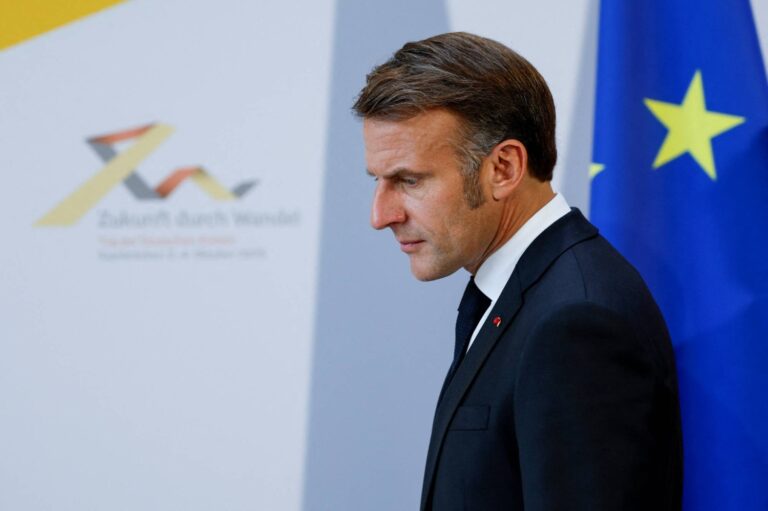
The International Criminal Court (ICC) has unsealed an arrest warrant for a Libyan military commander accused of multiple war crimes. The charges relate to deadly attacks on civilians during the country’s armed conflict. Prosecutors say the commander played a central role in ordering and coordinating the assaults during intense fighting between rival groups.
The arrest warrant follows years of investigation and the collection of witness testimonies. Prosecutors state that the evidence clearly shows the deliberate targeting of civilians. The attacks damaged homes, schools, and places of worship, forcing entire communities to flee. Many survivors continue to suffer from trauma and the loss of livelihoods, while the affected regions still bear the lasting impact.
The commander faces charges of murder, persecution, and attacks against civilian populations. Investigators allege that he used his authority to mobilize forces and resources for operations that violated international law. The ICC said his actions showed clear disregard for human life and the rules of war.
Prosecutors emphasize that holding individuals accountable for such crimes is essential for achieving justice and peace. They believe this case will send a strong message to other leaders involved in conflicts. The court aims to ensure that those responsible for serious violations face trial, regardless of when the crimes occurred.
Libya has experienced political instability and armed conflict for more than a decade. Rival factions have competed for control, fueling widespread violence and humanitarian crises. This ongoing turmoil has made it difficult to protect civilians and enforce the rule of law. The ICC has closely monitored the situation, and the unsealing of the warrant marks a significant step toward addressing impunity.
The court urges all states to cooperate in arresting and transferring the suspect to The Hague. Authorities believe the case can only proceed with strong international collaboration. They also call on individuals who may hold further evidence to come forward and support the prosecution.
The ICC says the arrest warrant reflects its ongoing commitment to international justice. It also demonstrates that suspects can still be pursued even years after committing crimes. Human rights advocates have welcomed the move, calling it a vital opportunity for victims to have their voices heard.
The legal process will include pre-trial hearings to confirm the charges. If the court upholds the charges, the case will move to a full trial, where prosecutors will present witnesses and examine evidence in detail. The outcome will depend on the strength of the case and the court’s application of international law.
The ICC hopes the warrant will encourage other commanders and political leaders to respect humanitarian laws. Justice officials argue that accountability remains key to preventing future atrocities. The court also reaffirmed its dedication to protecting civilians during conflict and upholding the rule of law worldwide.

